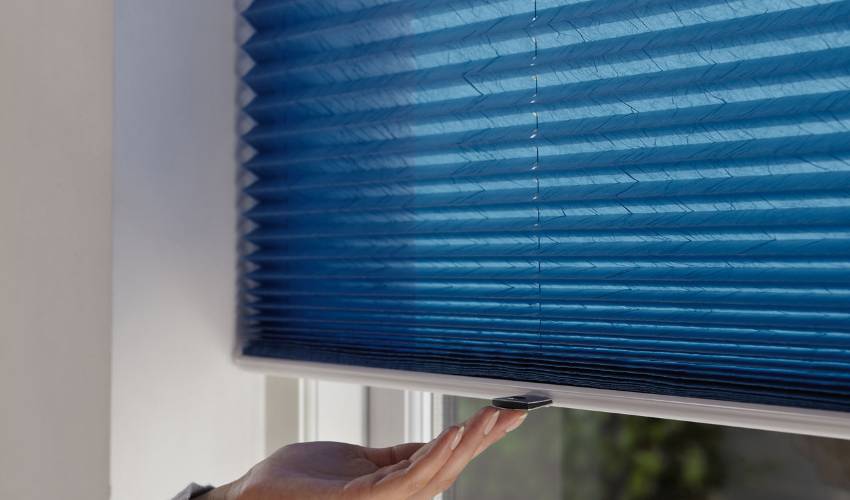For several reasons, blackout blinds are an essential feature of homes. First off, they offer unrivaled light control, enabling sound sleep by obstructing sunlight or streetlights. These blinds provide seclusion as well, which makes them perfect for bathrooms and bedrooms. Blackout blinds can also increase energy efficiency by serving as a barrier against the transfer of heat or cold, which results in energy savings.
Blackout blinds also come in a variety of designs and colors, improving a home’s attractiveness. Moreover, they provide defense against UV rays, preserving furniture and artwork. Last but not least, blackout blinds reduce noise, making a home significantly quieter. As a result of their advantages in regard to light control, privacy, energy efficiency, aesthetic appeal, UV protection, and noise reduction, they are entirely essential for houses.
Cleaning And Maintenance of Blackout Blinds For Longevity
Your blackout blinds must be kept clean and maintained in order to last a long time and work at their best. Here are some pointers for maintaining and cleaning your blackout blinds:
1. Regular Dusting

To avoid filth and dust buildup, routinely dust your blackout blinds. To gently remove the dust from the blinds, use a soft, dry cloth, a feather duster, or a microfiber cloth. Avoid using harsh chemicals or abrasive items that could harm the coating or fabric of the blackout blinds.
2. Vacuuming

You can use a Hoover with a soft brush attachment to clean your blackout blinds if they are really dirty or if a lot of dust has settled on them. To avoid any damage, apply moderate strokes and abstain from applying excessive pressure to the blinds.
3. Spot Cleaning

Spot cleaning is useful for tiny spills and stains. To gently clean the afflicted area, use a soft cloth and a light detergent or a fabric cleanser diluted with water. Follow the cleaning guidelines provided by the manufacturer and stay away from harsh chemicals like bleach that could harm the fabric’s coating.
4. Avoid Excessive Moisture

Often, blackout curtains are made of cloth that can be moisture-sensitive. A fabric can distort, discolor, or grow mildew if exposed to too much moisture or for an extended period of time. If your blackout blinds do become wet, blot the excess moisture with a clean, dry cloth and let them air dry in a well-ventilated location.
5. Be Cautious With Cleaning Solutions

Always test cleaning solutions on a tiny, unnoticeable area before using them on your blackout blinds to make sure they won’t harm or fade them. Because they can damage the fabric or coating of the blinds, stay away from using harsh chemicals, bleach, or abrasive cleansers.
6. Handle With Care

Use caution when opening or closing your blackout blinds to prevent yanking or pulling on the fabric or mechanism. To prevent harming the blinds or the operating mechanisms, don’t exert too much force or yank on the ropes or chains.
7. Avoid Direct Sunlight
Avoid exposing blackout blinds to direct sunlight for extended periods of time as they might fade or discolor the fabric or coating as they are made to filter out sunlight. If you can, cover your blackout blinds with drapes or curtains to further shield them from the sun.

8. Professional Cleaning
If your blackout curtains need deep cleaning or are extremely dirty, think about hiring a professional blind cleaning service. They can help ensure a comprehensive and secure cleaning process because they have specialized equipment and knowledge in cleaning different types of blinds, including blackout blinds.
Summary
You can prolong the life of your blackout blinds and ensure their best privacy and light-blocking efficiency by keeping them clean and well-maintained. Your blackout blinds can last longer with regular cleaning and careful maintenance, keeping them in good condition and working properly for many years to come.














